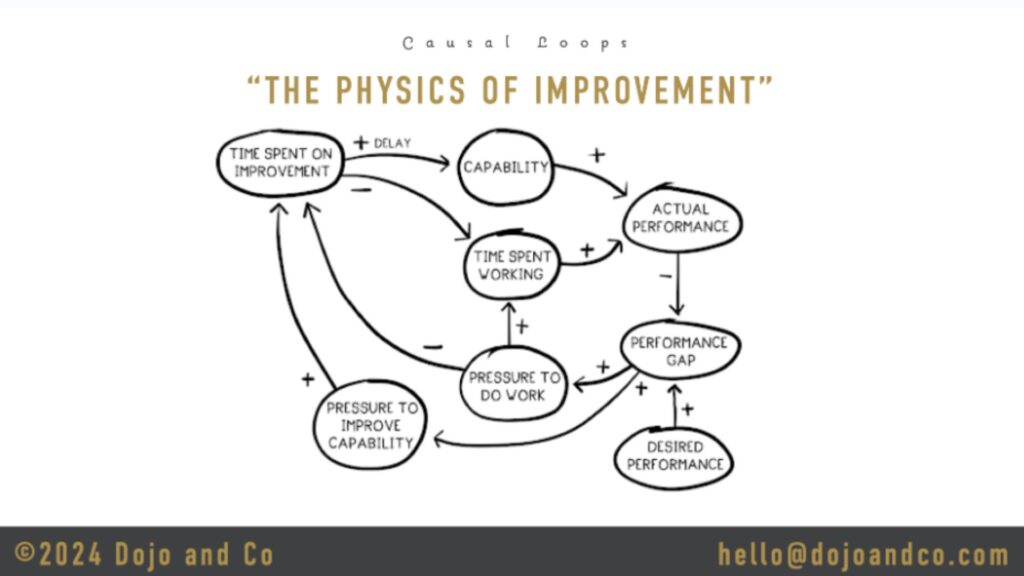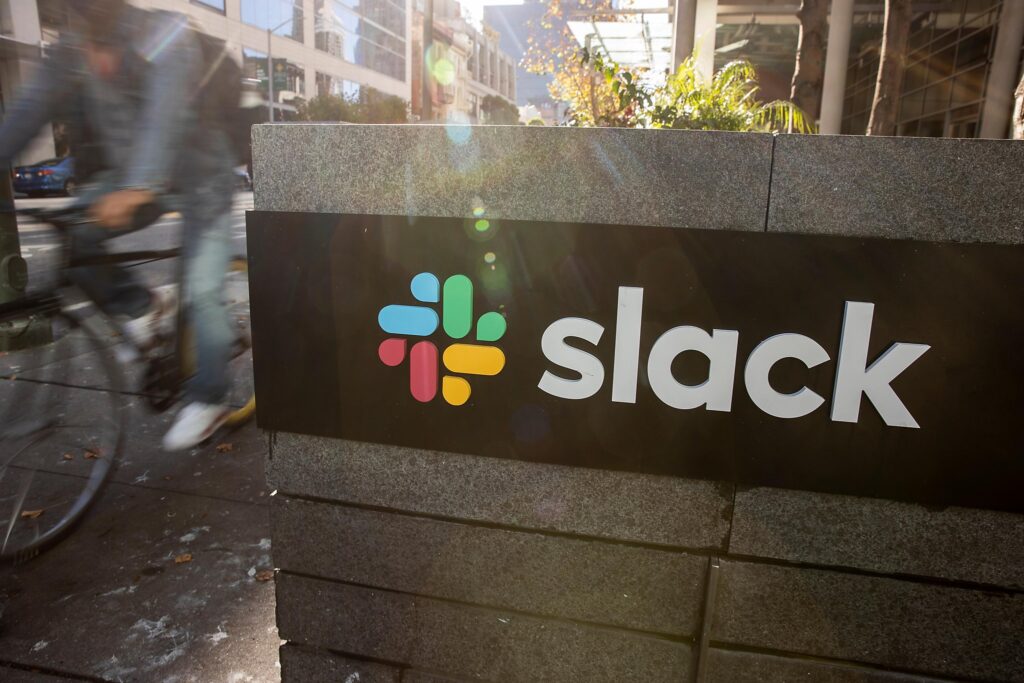As we begin 2024, we’re witnessing a shift in the Learning & Development (L&D) sector, with Artificial Intelligence (AI) emerging, just like we see it in so many other sectors. While AI hasn’t yet become a common tool for the end user, its potential to improve learning program management for L&D teams is already starting to be realized.
In this article, we delve into the profound potential of AI in reshaping learning experiences and what it means for the future of training and professional development to help you stay ahead of the curve.
AI: Your learning program assistant coach
Crafting a learning program can feel like a never-ending puzzle. It’s a bit like being the coach of a team, where you’re constantly trying to figure out the best plays to help everyone win, but your team isn’t 11 people but more like 1000. This task, often built from the ground up, can gobble up days, even weeks, and needs endless tweaks to hit the mark.
Instead, imagine you’ve got an assistant coach in this process, one who really gets the ever-changing needs of your team’s know-how, knows all the numbers needed to know, and never gets tired. Picture this in a tech training scenario: Your AI helper takes a deep dive into how everyone performed in the last training, or spots an area of improvement and tells you, “hey, debugging could use a boost.” From there, it whips up a whole new training focused just on that.
But your assistant coach isn’t just playing catch-up; it’s also thinking ahead, figuring out what skills your team might need down the road based on data and correlations you would not even connect. This kind of forward-thinking means your training stays super relevant, tackling those tricky gaps that can make a learning program manager’s job feel like a high-wire act, except this time, it feels like a breeze.
AI: A personal mentor for learners
Even the best learning programs can miss the mark when it comes to supporting and personalizing the experience to the end user. This is often the case at big companies with hundreds, if not thousands of people enrolled in the same learning program being led by an administrative learning team of no more than a handful of people.
Imagine someone struggling with tricky engineering concepts. AI can learn from their interactions and function as a mentor. It’s like having a tutor who brings learning to life with interactive models, makes you wrestle with real-world problems, and walks you through things step-by-step.
But here’s the cool part: this AI mentor isn’t one-size-fits-all. It tunes into your own learning speed, your favorite ways of learning, even your specific interests. This means every user gets a learning journey that’s tailor-made for them, liberating the learning admin so that they can focus on the things that impact the entire organization rather than problem-solving for dozens of individual learners who get stuck.
AI: Enhanced interactive learning environments
The potential of AI in creating interactive learning environments is immense.
Let’s take sales training as an example. AI can generate several different customer scenarios, each tailored to match and challenge a sales rep’s current skill set. It’s like practicing with a variety of clients, from the easy-going ones to those tough cookies who throw curveball objections. And here’s where it gets really interesting: AI weaves in insights about how customers think, what’s trending in the market, and even tips on nailing your communication game.
It’s like being in a super interactive, ultra-realistic training ground. You get to try, stumble, learn, and improve your sales tactics without any real-world risks. It’s like having a flight simulator, but for selling. It isn’t just about learning faster; it’s about making those skills stick, so when you’re out there in the real world, dealing with real customers, it all feels like you’ve done it a hundred times before.
AI: A partner in learning
AI can streamline, personalize, and supercharge learning programs in ways we never imagined. But let’s not forget the heart of the matter: at its core, learning is a deeply human experience and no AI will change that in the foreseeable future.
Learning program managers are and will continue to be the artists who enable learning for the organization to stay relevant. They’re the ones who understand the unique beat of their organization, who can blend creativity, empathy, and deep contextual knowledge in a way no AI can.
Learning is more than just absorbing information; it’s a human journey of growth, filled with insights, experiences, and personal connections. That’s where educators and learning managers shine. They’re the ones who make sure that the learning journey aligns with the organization’s bigger picture, embedding skills and knowledge in a way that also strengthens the company’s ethos. This is where their energy should focus; not in the often manual, always mechanical tasks of activating learning programs.
So, where does AI fit into all this? It’s like a powerful backstage assistant, handling the heavy lifting of organizing and maintaining complex learning programs. This lets the learning managers focus on what they do best: crafting learning experiences that are as strategic and impactful as they are personal. They can dive into understanding diverse learning styles, handpicking content that echoes the organization’s spirit, and nurturing an atmosphere where learning is a continuous process.







